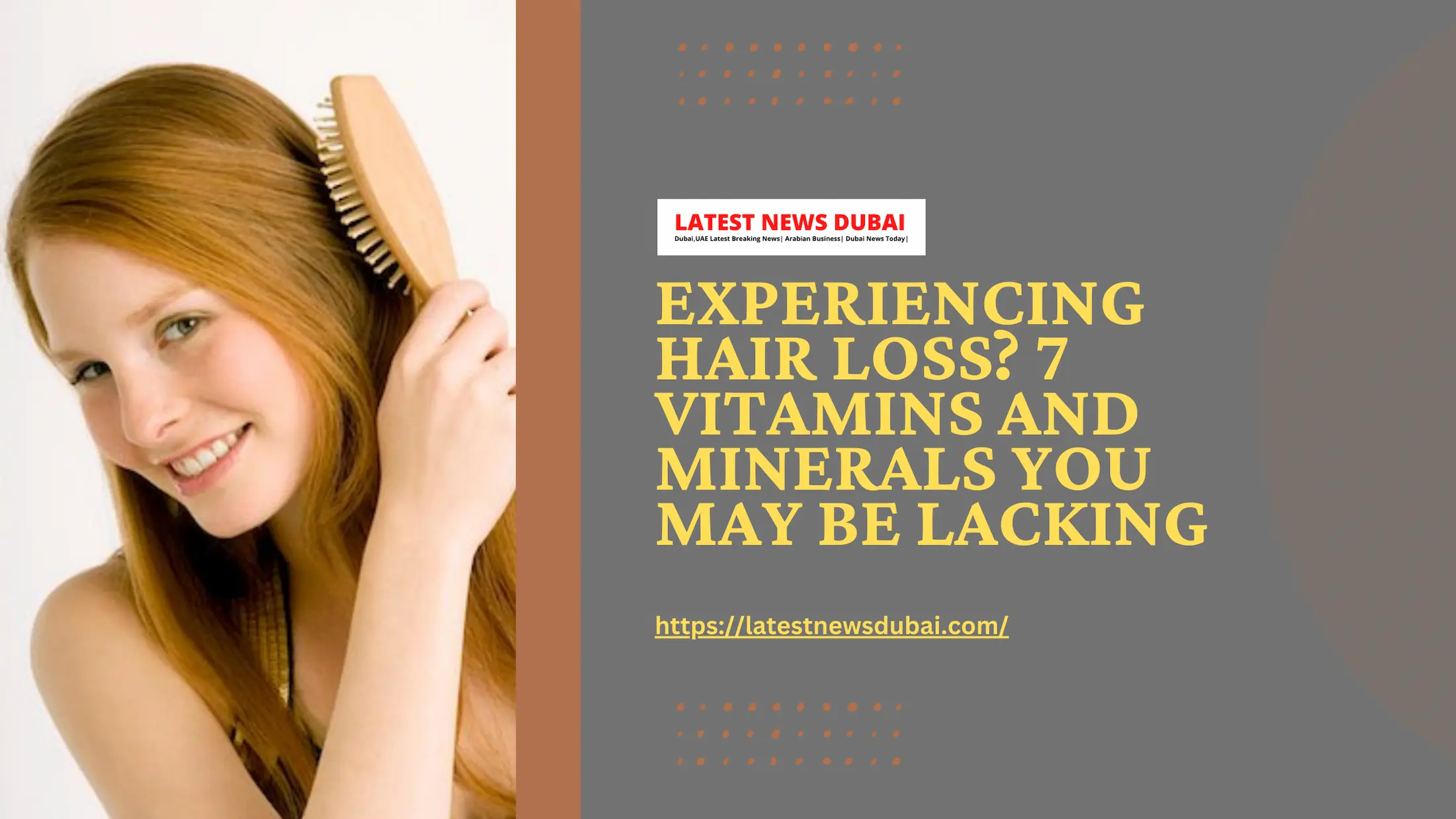Smooth and silky hair is important to a woman’s overall appearance. But did you know that having long and vibrant locks also signals good health?
Even as you get hair extensions from a salon, having strong natural strands to anchor them means that your body is producing enough nutrients to keep your hair healthy.
However, if you’re experiencing hair loss or having a hard time growing your tresses to your desired length, you may be lacking certain vitamins and minerals that affect hair growth, including:
1. Biotin
Biotin is a popular ingredient in hair growth supplements because it triggers the production of keratin. This type of protein is responsible for smoothing down the cells within hair strands, resulting in smooth and silky hair.
Also known as vitamin B7, biotin also increases the rate of follicle growth. Because of this, a lack of this nutrient often leads to hair loss.
Several things can cause biotin deficiency, including:
- Genetics
- Smoking
- Antibiotic intake
- Use of certain acne medications
To ensure you have enough of this B-vitamin, you need to maintain a healthy and balanced diet. If you’re experiencing a temporary deficiency, you can also take biotin-fortified gummies.
Glow gummies reviews reveal evidence of improvement in biotin deficiency after taking the supplement. They are also found to benefit people who wish to prevent nail brittleness and those with diabetes who need to manage their blood sugar levels.
2. Iron
Iron supports the production of hemoglobin – the oxygen-carrying protein in red blood cells. All cells in the human body require oxygen to grow and undergo self-repair, and your hair is no exception.
Because of this, a lack of iron could significantly affect hair growth. In fact, studies show that iron deficiency can cause hair loss that sometimes seems like androgenetic alopecia or male-pattern baldness.
Fortunately, the symptom is only temporary if it’s caused by a lack of iron in the blood. All you need to do is address the underlying issue.
3. Vitamin C
Do you see more hair than usual in your shower drain? Or perhaps your hairbrush accumulates loads of hair strands within a short period?
If your answer is “yes” to any of these, consider checking if you’re getting enough vitamin C, whether from your diet or through supplements.
Besides being an essential nutrient for your immunity, vitamin C is also a powerful antioxidant that protects against damage from free radicals. Called oxidative stress, this type of damage can lead to hair loss and even hasten hair aging.
Moreover, vitamin C also plays a crucial role in the body’s collagen-producing capabilities.
Collagen is a protein that makes up the structure of hair, connective tissues, cartilage, and bones.
With enough vitamin C, you also boost your body’s capacity to absorb iron, another vital nutrient for hair growth.
4. Vitamin D
Considered the most dominant type of cells that make up the skin, keratinocytes are responsible for metabolizing vitamin D. These cells also process keratin, an essential building block for the nails, skin, and hair.
Without a sufficient vitamin D supply, the keratinocytes in your body will have difficulty regulating shedding and hair growth.
Some studies have also found a connection between vitamin D deficiency and alopecia or hair loss.
5. Vitamin E
Vitamin E is a fat-soluble nutrient famous for its nourishing and hydrating effect on the skin. Like vitamin C, it also shields the cells in your body against free radical damage.
So how does it relate to hair loss?
Remember that your scalp is also an area of skin, albeit one that’s usually forgotten. With enough vitamin E, this part of your body gets a robust protective barrier against hair loss-causing oxidative stress.
Since vitamin E helps keep your scalp healthy, it also supports hair growth by giving the hair strands a strong and solid base.
6. Zinc
Zinc is another critical nutrient for hair growth and repair.
Aside from ensuring the proper functioning of the oil glands around the follicles, zinc also supports keratin production.
Research also links zinc deficiency to hair loss, although how it happens exactly remains unclear. However, several studies have found that resolving this deficiency through supplementation could reduce hair loss and breakage.
Of course, you should be careful not to go overboard, as too much zinc is also believed to cause hair loss. Remember: Moderation is key.
7. Selenium
Selenium enhances metabolic functioning, which aids in maintaining a balance in hormone levels that could affect hair production.
It also plays a major role in the production of thyroid hormone – the biochemical responsible for regulating hair growth.
As with zinc, enough selenium supply supports healthy hair growth. However, too much of either mineral could also trigger hair loss, so you must be mindful of your intake.
Get the Right Nutrients to Power Up Hair Growth
Nutrient deficiencies can cause various health consequences, including hair loss.
In order to look and feel healthy from head to toe, make sure you have enough of the vitamins and minerals listed here.
With the right nutrition, you can look forward to having beautiful, healthy and strong hair.
Read Also: 7 Ways To Keep Your Body in Great Shape
